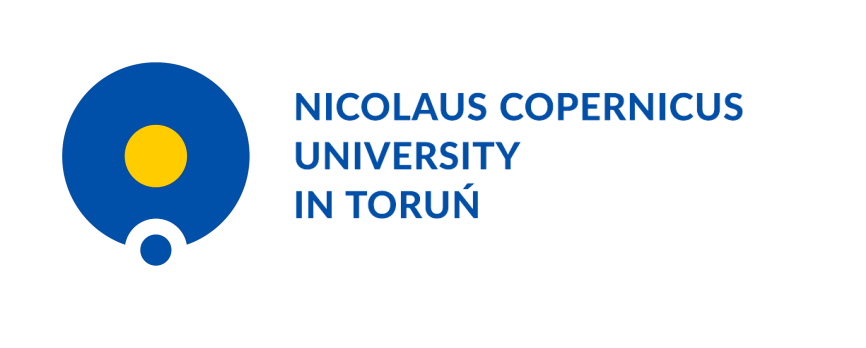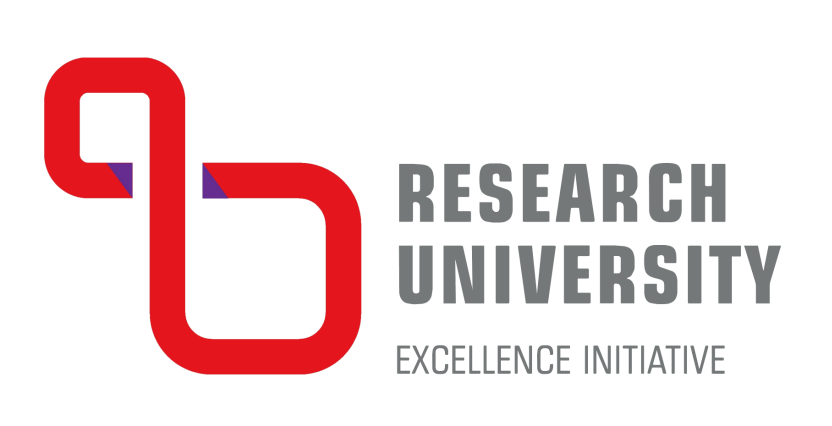Interacting Minds, Societies, Environments
The University Center of Excellence “IMSErt – Interacting Minds, Societies, Environments”
Dyrektor Centrum: dr hab. Sławomir Wacewicz, prof. UMK
The aim of the University Center of Excellence “IMSErt – Interacting Minds, Societies, Environments“ is to cross the boundaries of traditionally, ideographically (descriptively) understood humanities and social sciences towards pioneering research, big data analyses, quantitative and experimental research focused on the nomothetical (i.e. aiming at formulating regularities and laws) explanation of cultural processes.
The Center’s activity focuses on creating genuinely interdisciplinary projects. Thinking about humanities and social sciences in cooperation with natural and exact sciences by applying modern technologies (including tools of digital and experimental humanities) will enable the implementation of innovative research projects. The disciplines conducting research as part of the Center include linguistics, archaeology, psychology, social geography, environmental studies, economics, finance and management and others.
Five leading themes have been identified for implementation by the Center:
- Past Environment, Societies and Cultures – Multidisciplinary Perspective;
- People, Space and Environment;
- Evolution of Communication Systems;
- Knowledge Complexity and Memory;
- Sustainable Development and the Society of the Future.
One of the initiatives that the Centre will implement is the establishment of the Foresight Lab focusing on forecasting the future, closely collaborating with the socio-economic environment and broad international cooperation.
An important element of the unit’s operation will involve encouraging the University staff to carry out their projects in collaboration with the Center and conduct independent and externally funded projects. The idea behind the Center’s activity is to promote new concepts and ways of practising humanities and social sciences, strongly connected with the achievements of world science.
More information at https://imsert.umk.pl/


 ul. Gagarina 7, 87-100 Toruń
ul. Gagarina 7, 87-100 Toruń